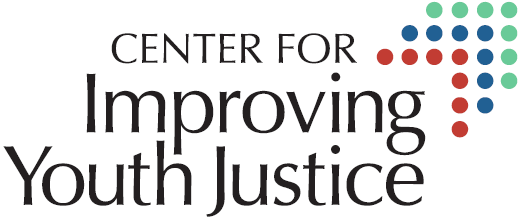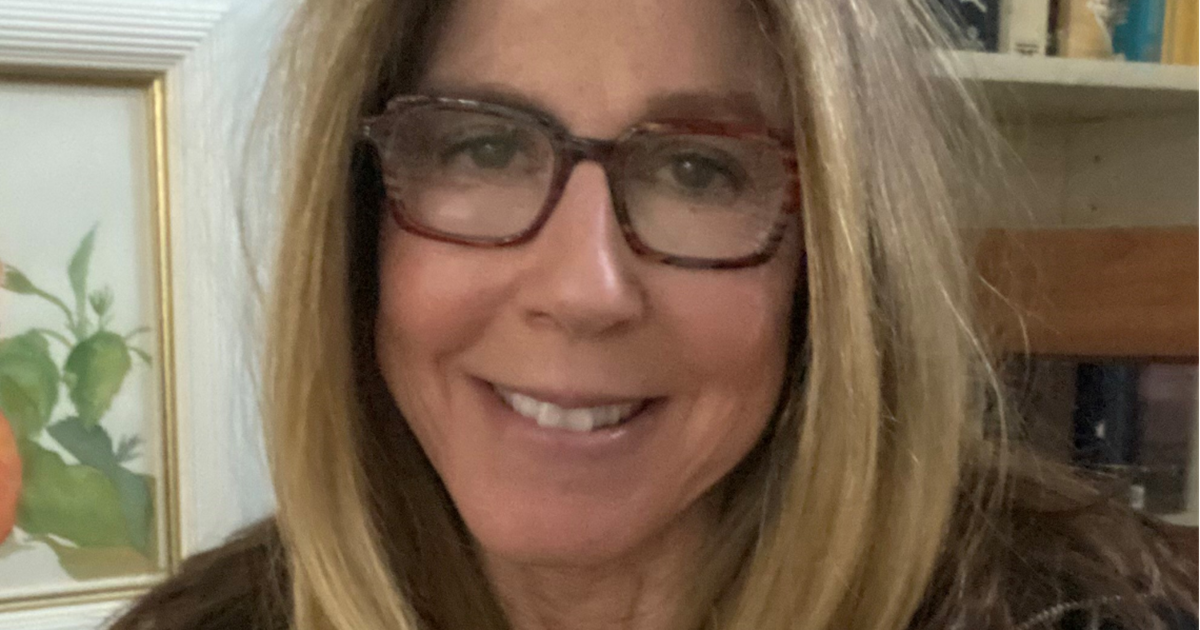A staunch advocate for children’s and women’s rights, Marsha has launched legal challenges all the way up to the U.S. Supreme Court, where her work led to landmark decisions banning the juvenile death penalty and juvenile life without parole.
Marsha feels fortunate to have had the upbringing and positive influences she had that many of the youths she serves wouldn’t experience. She grew up in Philadelphia, the youngest of three daughters, in a household with two professional parents. “My father was an oncologist and my mother was an artist and a Ph.D. psychologist who co-founded the American Art Therapy Association.” She attended a Quaker middle and high school, which taught her the importance of giving back to community, and following the footsteps of her professional parents, earned an undergraduate degree from the University of Pennsylvania.
By the early 1970s, Marsha was in law school at the Temple University Beasley School of Law. The civil rights movement and student activism of the 1960s was still fueling the fight for justice and equality for all and women’s rights were pushing for social change and political reforms. Inspired by civil rights lawyers who dedicated their lives to seeking justice throughout history, Marsha believed she could use her law degree as a tool for social change and justice for youths. “The field of children’s rights was nascent – the U.S. Supreme Court had only just decided in 1967 that children had a constitutional right to counsel in delinquency proceedings.” Marsha’s indignation over the lack of laws protecting children’s rights became her driver for creating change. “I have been in a near constant state of outrage throughout my professional career and it is this sense of outrage that sustains and motivates me.”
In 1975 and off the back of her law degree, Marsha co-founded Juvenile Law Center with three other Temple Law graduates. “My co-founders and I thought it was important to give a voice to children in proceedings that affected them.” Establishing Juvenile Law Center was the outcome of that belief. In the years that followed, Marsha and her colleagues advocated for youths in both the justice and child welfare systems and pioneered a multi-disciplinary approach to legal representation of children in court. As they went along, they developed the field of juvenile and child law and Juvenile Law Center evolved into a leading national children’s rights organization.
Marsha is currently the Chief Legal Officer of Juvenile Law Center. She had a 13-year break from the organization working for the NOW Legal Defense and Education Fund in New York and a small litigation firm in the Philadelphia area before returning to Juvenile Law Center in 1995. Throughout the years, in addition to spearheading the successful Supreme Court cases, she led the successful litigation in the Luzerne County, PA juvenile court corruption scandal also known as “kids for cash.” Despite the many wins, Marsha recognizes that the work is far from over. “Our juvenile justice system is capable of enormous cruelty to children,” and quoting Nelson Mandela: “There can be no keener revelation of a society’s soul than the way in which it treats its children.” Recent events have also highlighted the racial injustice that still exists. “The spread of COVID-19 throughout correctional facilities and the refusal of courts across the country to meaningfully decarcerate prisons and other carceral settings to save lives ― mostly Black and Brown ― are stark reminders of our racist past and our racist present. And the Black Lives Matter protests demonstrated the many voices in the streets seeking the same acknowledgement of the sanctity of all lives in America ― not just white ones.”
For now, Marsha continues the good fight, encouraging others with her words of advice: “Pursue your dreams. Speak truth to power. Stay true to yourself. Demand a seat at the table.” It is never too late to fulfill your purpose. “I am still amazed at my mother’s own journey who married young and passed on college, only to come roaring back in her 30s ― not only to get that college degree but complete her Ph.D. in Psychology and become a pioneer in developing the field of art therapy in America and one of the founders of the American Art Therapy Association. She was brilliant, bold and fierce.” Many would say the same about Marsha.

